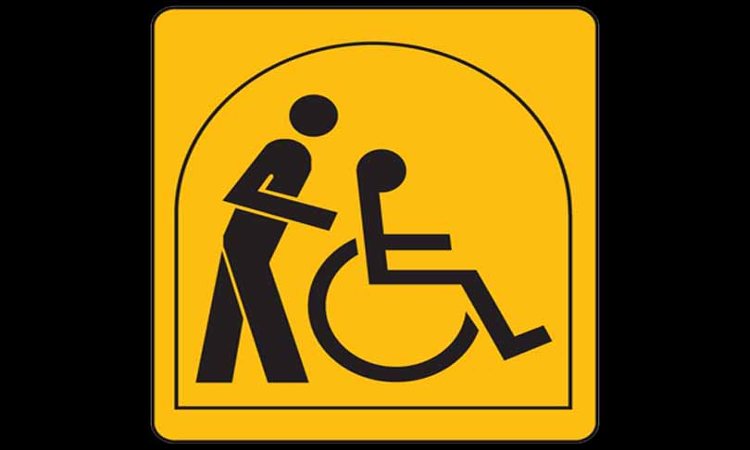Persons With Disability Form A Homogenous Class By Themselves, Not Similar To SC/ST Community: Kerala High Court
Hannah M Varghese
12 Jan 2022 10:37 AM IST

The Court reiterated that reservation is not a matter of right, but only an enabling Constitutional provision.
Next Story


